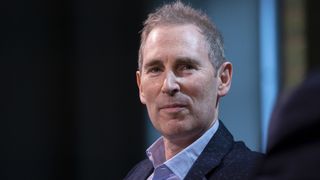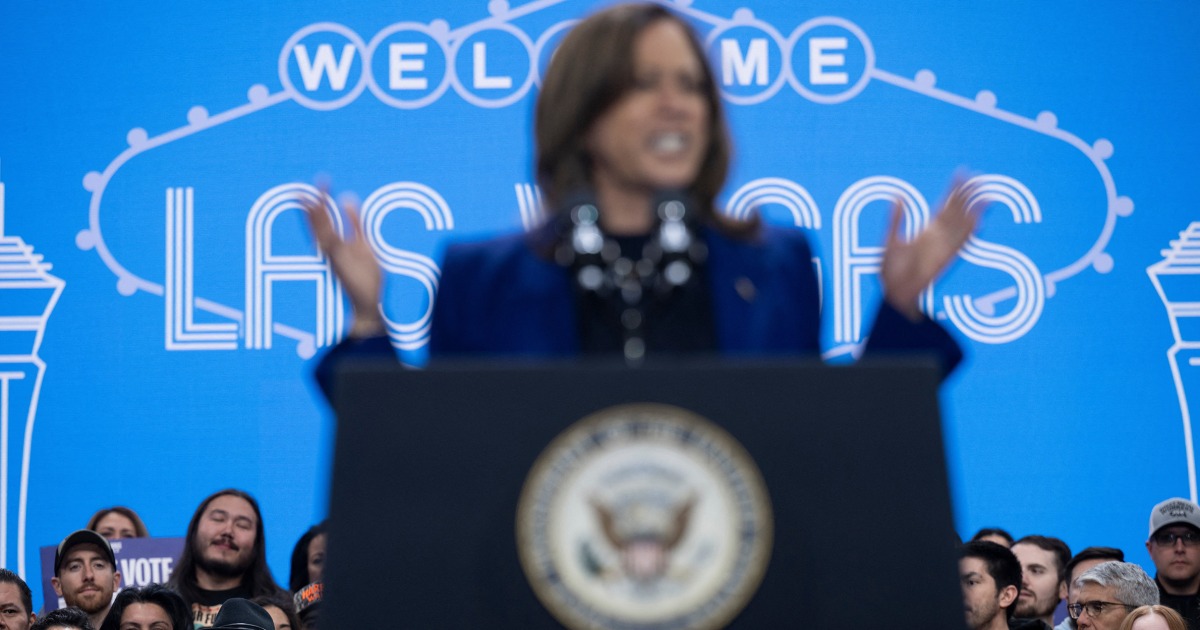
CEO Andy Jassy has pushed back on claims that the company’s controversial (RTO) mandate was a thinly veiled attempt to encourage layoffs. Speaking at an all-hands meeting on 5 November, Jassy denied accusations that his strategy was a “ ”, insisting the move was motivated by improving the organization’s culture. “A number of people I've seen theorized that the reason we were doing this is, it's a backdoor layoff, or we made some sort of deal with city or cities,” Jassy explained according to a transcript of the meeting obtained by .
"I can tell you both of those are not true. You know, this was not a cost play for us. This is very much about our culture and .
” Jassy introduced the new policy on 16 September via a letter to employees stating the company would be returning to its pre- operating model, and as such staff would be required to be in the office five days a week, barring exceptions for sickness or home emergencies. For many this would include relocating to one of Amazon’s offices in Austin, Houston, New York, or Seattle, with they were told a failure to comply with the new mandate would be treated as a ‘voluntary resignation’. , CEO at AWS, defended the decision in the organization’s 17 October all-hands meeting, stating nine-in-ten employees he had spoken with supported the change, adding that those employees who did not like the new policy .
Garman’s comments prompted a letter signed by 500 Amazon employees asking the chief exec, and Amazon more broadly, to reverse the policy. Jassy denies it but other industry execs admit to similar tactics The letter argued that the company had been operating at a high level on a fully remote model, and that the policy would impact staff with specific needs and or those with obligations. This hostile approach contravened Amazon’s ‘Strive to be Earth’s Best Employer’ leadership principle’, the letter added.
Disgruntled employees directly challenged claims the move was motivated by a concern for improving company culture, stating Garman’s anecdotal evidence was not data-driven. The arguments put forward by Garman “break the trust of your employees who have not only personal experience that shows the benefits of remote work, but have seen the extensive data which supports that experience,” the letter argued. Despite Jassy’s claims otherwise, recent research from HR specialist BambooHR found a significant portion of business leaders were at their organization.
BambooHR surveyed businesses on the RTO trend and found that 18% of HR professionals and 25% of VP and executives were hoping a more strict RTO policy would precipitate some level of voluntary turnover. In fact, almost two-in-five senior leaders said they believe layoffs that occurred after implementing RTO policies happened because the strategy didn’t cause as many employees to quit as initially expected. Using RTO mandates in this way could also be legally fraught, legal experts told explaining companies taking this tack may risk employment tribunals from categories of employees adversely affected by the policy.
.














